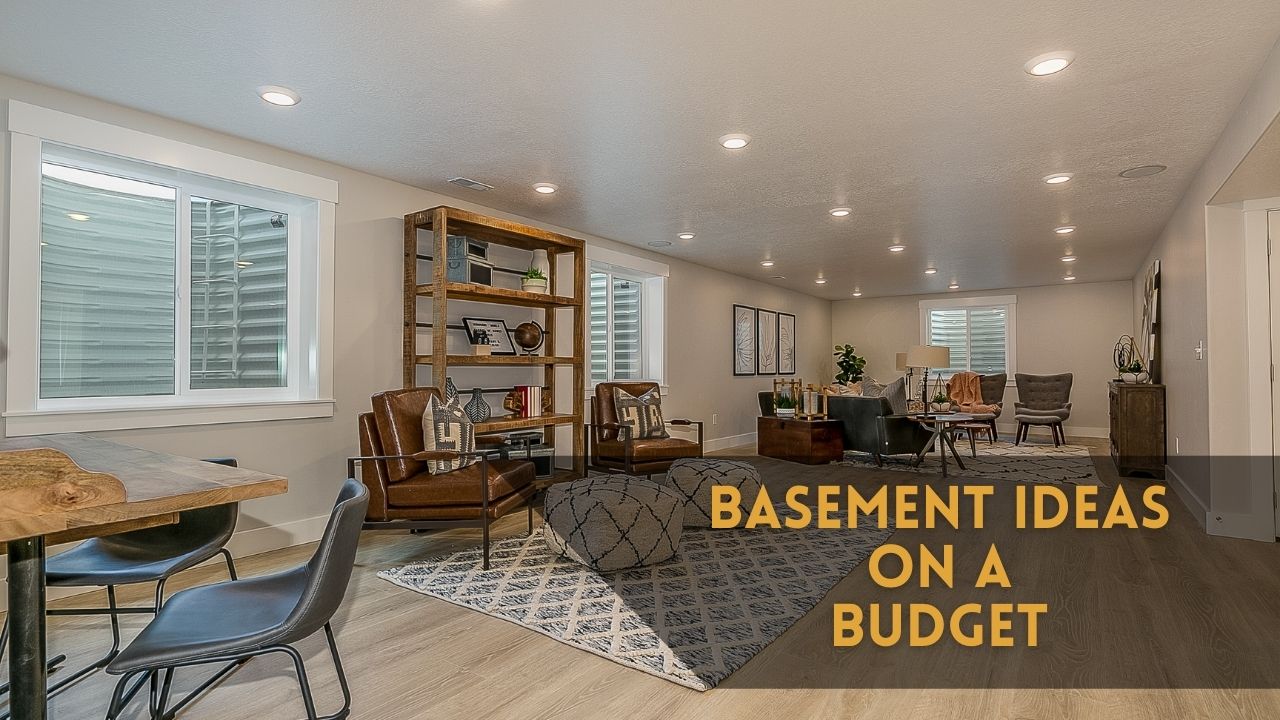When it comes to construction and home improvement projects, the role of a general contractor is pivotal. In this comprehensive guide, we’ll delve into the world of general contractors, their responsibilities, and why hiring one is a smart move for your next project.
What Is a General Contractor?
A General Contractor is an experienced construction professional who acts as a project manager, overseeing the entire construction process for a client, from project planning to final completion. They are the main contractor who takes on the responsibility of completing the job on time and within budget. General contractors are often referred to as GCs, and their role is pivotal in the construction industry.
The Jack of All Trades
One of the key characteristics of a general contractor is their versatility. They are well-versed in various aspects of construction, from plumbing and electrical work to carpentry and masonry. General contractors have a broad knowledge base that allows them to manage every facet of a project effectively.
The Role of a General Contractor
Now that we understand what a general contractor is, let’s explore their specific roles and responsibilities.
1. Project Planning
A general contractor is involved right from the project’s inception. They work closely with the client to understand their vision and goals. This includes discussing budgets, timelines, and any special requirements.
2. Hiring Subcontractors
General contractors have an extensive network of subcontractors, including electricians, plumbers, and painters. They are responsible for hiring these professionals and ensuring they meet project deadlines and quality standards.
3. Procuring Materials
GCs are in charge of sourcing and purchasing all the necessary materials for the project. This includes everything from lumber and concrete to fixtures and appliances.
4. Managing the Budget
Staying within budget is crucial for any construction project. General contractors create and manage budgets, making sure that the project remains financially viable.
5. Ensuring Compliance
Construction projects often require various permits and adherence to building codes. General contractors are well-versed in local regulations and ensure that the project complies with all necessary laws.
6. Quality Control
The quality of work is of utmost importance. General contractors regularly inspect the work being done and make sure it meets the highest standards.
7. Problem Solving
Construction projects are bound to encounter unexpected issues. General contractors are skilled problem solvers, finding solutions to challenges as they arise.
8. Timely Completion
Meeting project deadlines is critical. General contractors use their organizational skills to ensure that the project progresses according to the agreed-upon schedule.
9. Communication Hub
A GC acts as a central point of communication for all project stakeholders. They keep the client informed, relay messages between subcontractors, and maintain a smooth flow of information.
10. Safety First
Safety is a top priority in construction. General contractors implement safety measures to protect workers and prevent accidents on the job site.
The Benefits of Hiring a General Contractor
Now that we’ve explored the multifaceted role of a general contractor, you might be wondering if you really need one for your project. Here are some compelling reasons to consider:
1. Expertise
General contractors bring a wealth of knowledge to the table. They understand the intricacies of construction, and their experience ensures that your project runs smoothly.
2. Time Efficiency
Managing a construction project can be time-consuming and overwhelming. A general contractor takes the burden off your shoulders, allowing you to focus on other important aspects of your life.
3. Cost-Effective
While it may seem counterintuitive, hiring a general contractor can often save you money. Their ability to negotiate with subcontractors and suppliers can result in cost savings.
4. Quality Assurance
General contractors are dedicated to delivering high-quality work. They have a reputation to uphold and take pride in their craft.
5. Stress Reduction
The peace of mind that comes with knowing a professional is overseeing your project is priceless. You can rest easy, knowing your project is in capable hands.
How to Choose the Right General Contractor
Selecting the right general contractor is crucial for the success of your project. Here are some tips to help you make the best choice:
1. Check Credentials
Ensure the general contractor is licensed, insured, and bonded. This is essential for your protection.
2. Ask for References
Request references from previous clients and speak with them to gauge the contractor’s performance.
3. Review Past Projects
Look at the contractor’s portfolio to assess the quality and scope of their previous work.
4. Get Multiple Bids
Obtain bids from several general contractors to compare prices and services.
5. Communication Skills
Choose a contractor with excellent communication skills. You want someone who keeps you in the loop throughout the project.
6. Trust Your Instinct
Ultimately, choose a general contractor with whom you feel comfortable and have trust. Your working relationship should be a partnership.
Conclusion
In the realm of construction and home improvement, the role of a general contractor is indispensable. These professionals orchestrate the various elements of a project, ensuring it runs smoothly and successfully. When hiring a general contractor, you’re not just getting a skilled individual; you’re investing in the peace of mind and the assurance of a job well done.
So, whether you’re planning to build your dream home or renovate your existing space, consider enlisting the expertise of a general contractor. Their experience, knowledge, and dedication to quality will make your construction journey a rewarding one.




